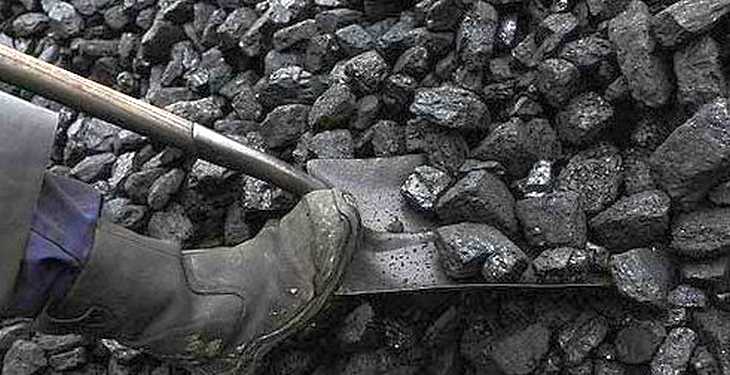The European Union has offered Poland more room to subsidise the coal transition in ongoing talks on reforming the Emissions Trading System (ETS), the EU’s flagship instrument to fight global warming, a move that sent alarm bells ringing among environmentalists.
As talks over the ETS reform enter the final stretch, EU countries are laying their last cards on the table. And Poland has won important concessions from Estonia, which holds the six-month rotating presidency of the EU.
Warsaw has been calling for an increase in the amount of emission permits it can distribute for free to coal power plants under article 10c of the reformed ETS directive, which was originally created to help poorer EU countries in their transition away from fossil fuels, according to Euractiv.com.
Under a compromise proposal, obtained by EURACTIV, the number of permits that can be used to fund the clean energy transition will be raised from 40% to 60% of the auctioning volumes, meeting a key demand from Warsaw.
Environmentalists warn this will allow Poland to use billions of ETS money to fund the life-extension of coal power plants until 2030, without any environmental safeguards.
“EU member states cannot bend to Poland and allow the money dedicated to boost the clean energy transition to be spent on funding coal power plants,” said Joanna Flisowska, Coal Policy Coordinator at Climate Action Network (CAN) Europe, a green NGO.
Some EU member states have asked to attach strict environmental criteria on how ETS money can be spent. Countries like the Netherlands, Germany, France and the UK have demanded to prohibit funding for power plants that emit more 450g of CO2 per kilowatt hour, a move that would exclude coal from the funding mechanism. They were backed in this demand by the European Parliament.
The move echoes a similar attempt by the European Commission to place a CO2 cap of 550g of CO2 per kilowatt hour on subsidies going to power plants.
But EU Presidency holder Estonia has tabled compromise amendments that water down these criteria, CAN Europe said, warning that without an Emission Performance Standard there was a considerable risk that the money will be misused to subsidise fossil fuels, and coal in particular.
“The Emission Performance Standard must be introduced to guarantee the much needed shift of investments to sustainable renewable energy, energy savings and an upgrade of electricity grid infrastructure,” Flisowska said.
“If the EU wants to be consistent with its commitments under the Paris Agreement, all coal plants have to be closed. Halting the coal subsidies is the crucial first step,” she insisted. Otherwise, “in the next decade Polish energy utilities will again receive billions of euros from the ETS funds for their coal investments.”
